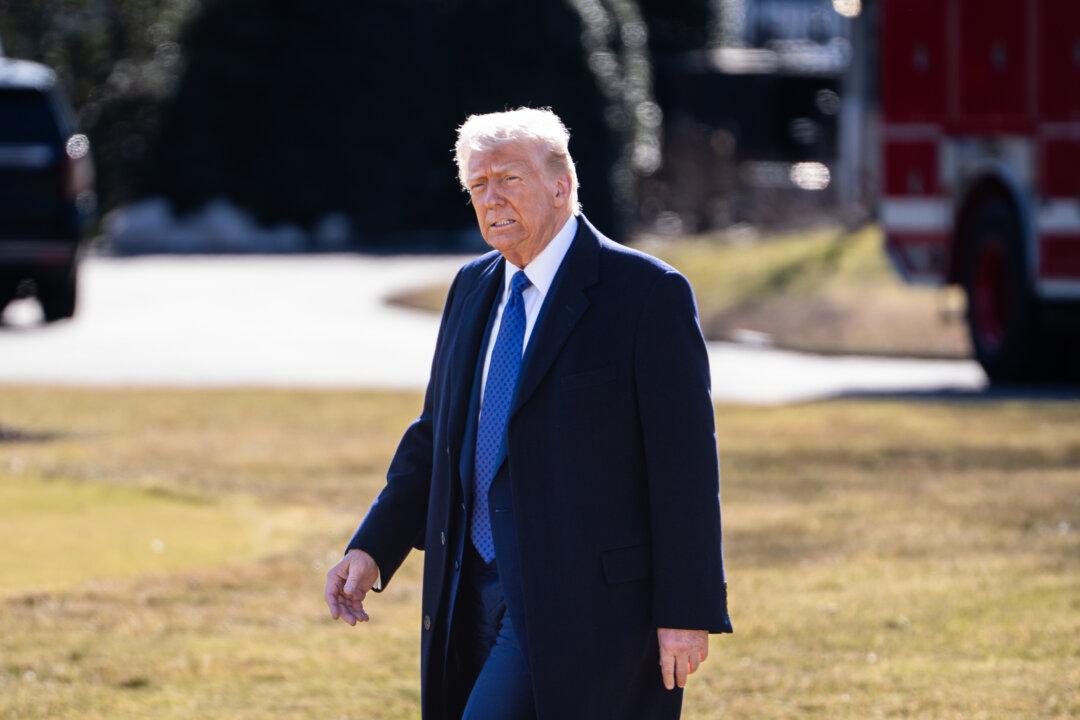Nissan CEO Makoto Uchida signaled that if the United States imposes 25 percent tariffs on products from Mexico, the automotive company may have to move production out of that country.
“We are exporting a large volume to the U.S., so if there’s a high tariff, this will have huge implications on our business, so we need to monitor this carefully,” Uchida said in a news conference on Feb. 13 when he was asked about potential tariffs imposed by the Trump administration on Mexico.





